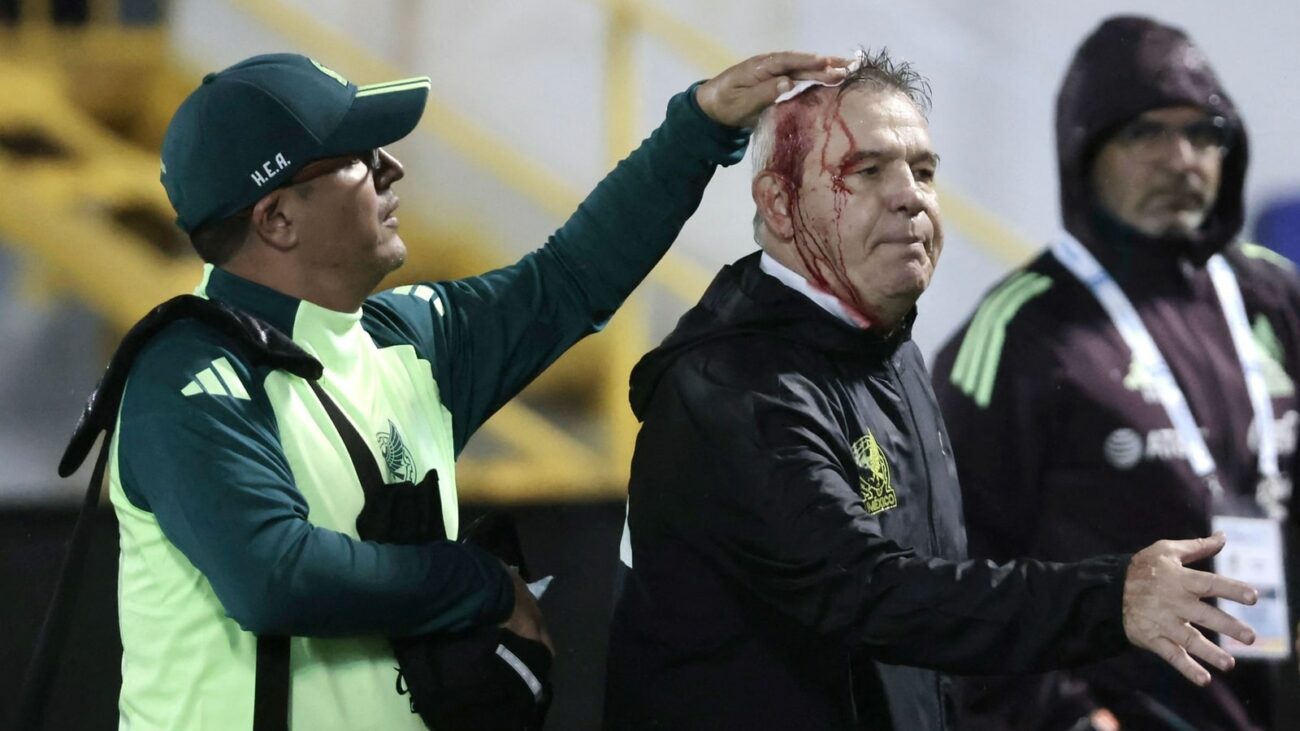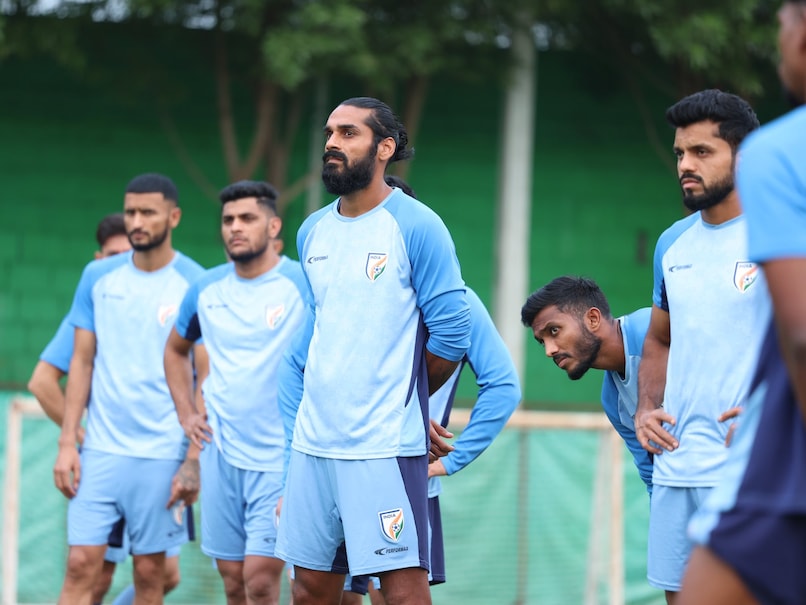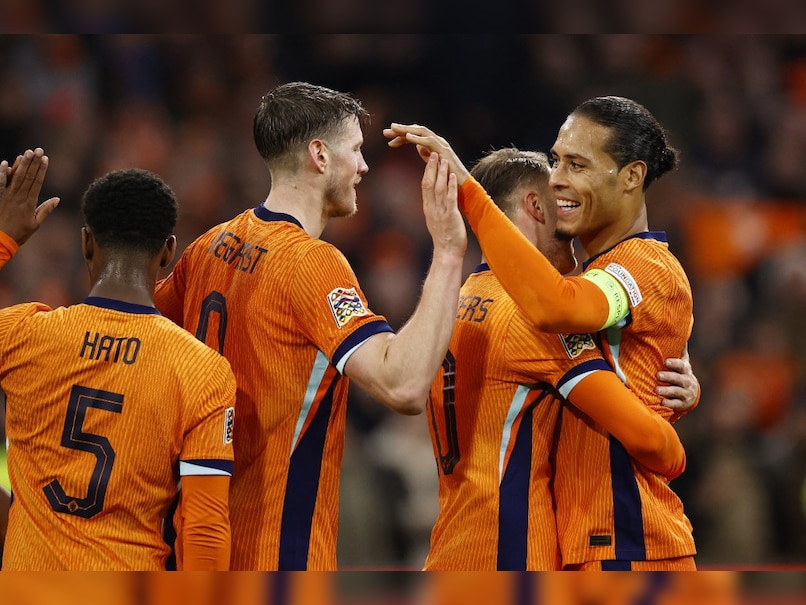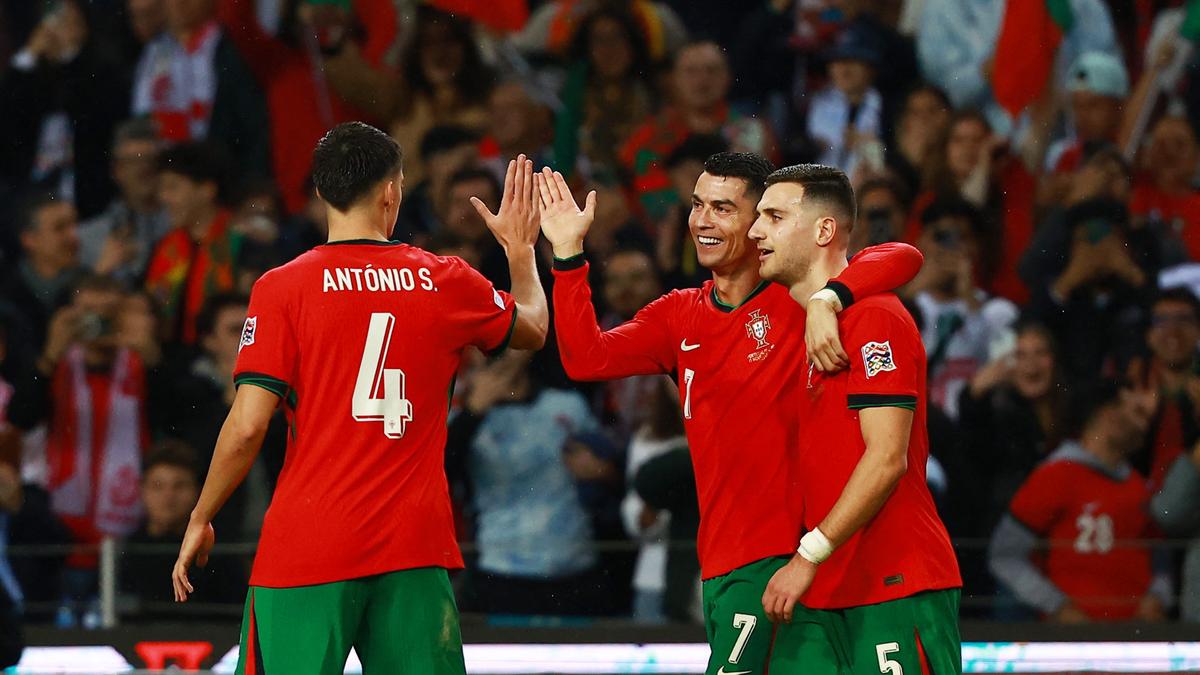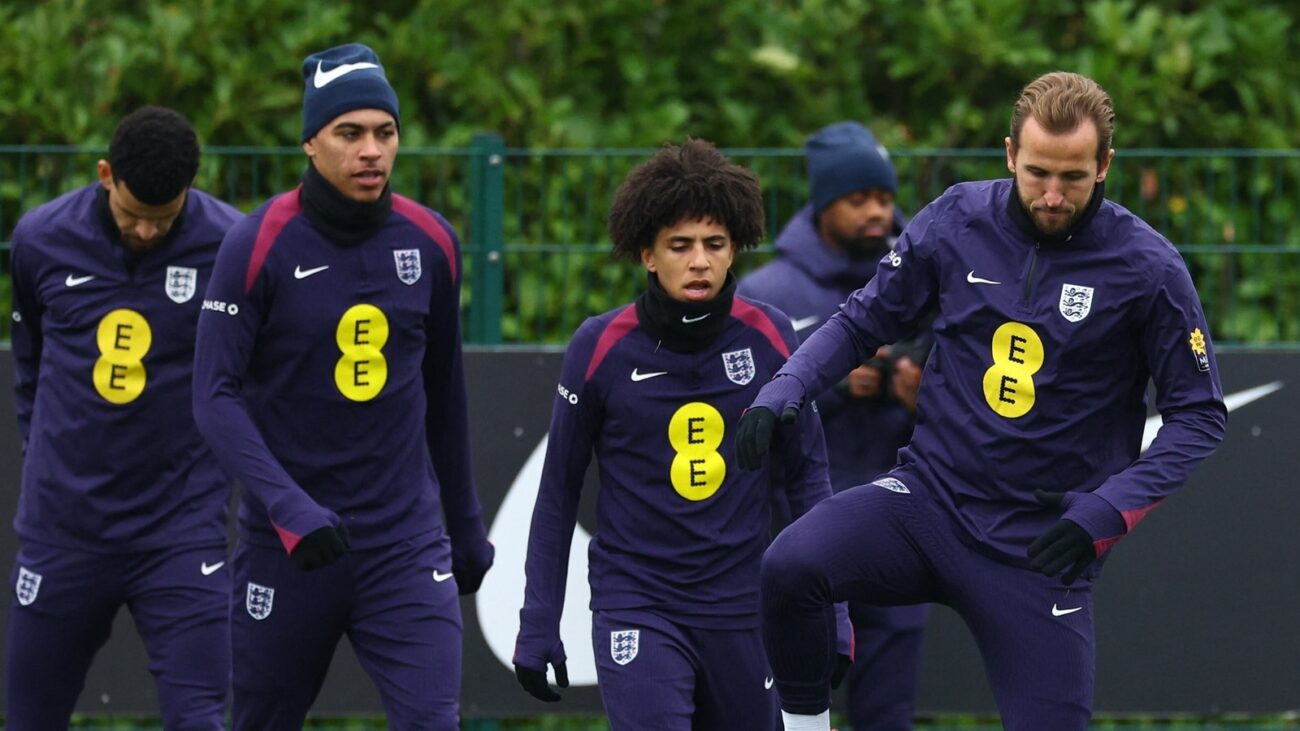As Germany prepares to host Euro 2024, the 2006 World Cup remains a pivotal moment in the nation’s collective memory. Known as the “Summer Fairytale,” the tournament transformed Germany’s image both domestically and internationally.
On the field, Jurgen Klinsmann’s German team defied expectations, reaching the semi-finals despite pre-tournament skepticism. Their performance ignited a decade of dominance, culminating in the 2014 World Cup triumph.
Off the field, the tournament had a profound impact on German society. Philipp Lahm, a key player in 2006, recalled the nation’s unwavering support: “We experienced the whole nation standing behind the team, giving us energy.”
Sociologist Gunter Gebauer noted the tournament’s transformative effect: “Before the World Cup, Germany was in a gloomy mood. But during the first game, when Lahm scored and the sun burst through, it was like something from the Bible.”
The tournament shattered stereotypes of Germans as reserved and rule-bound. Foreign visitors were surprised by the welcoming and festive atmosphere. Wolfgang Maennig, a former Olympic rower, observed that Germany’s international perception improved significantly after 2006.
Sports sociologist Jan Haut highlighted the tournament’s impact on German self-perception: “Germans became less stiff and more comfortable celebrating victories.” They realized that the world’s view of Germany was more positive than they had imagined.
Despite the passage of time, the legacy of the 2006 World Cup remains relevant. Germany faces similar challenges today, including economic uncertainty and concerns about infrastructure. However, the tournament’s unifying power remains a source of hope.
As Germany prepares for Euro 2024, the world’s attention will once again be focused on the nation. The tournament offers an opportunity to showcase Germany’s progress and address any lingering issues.


